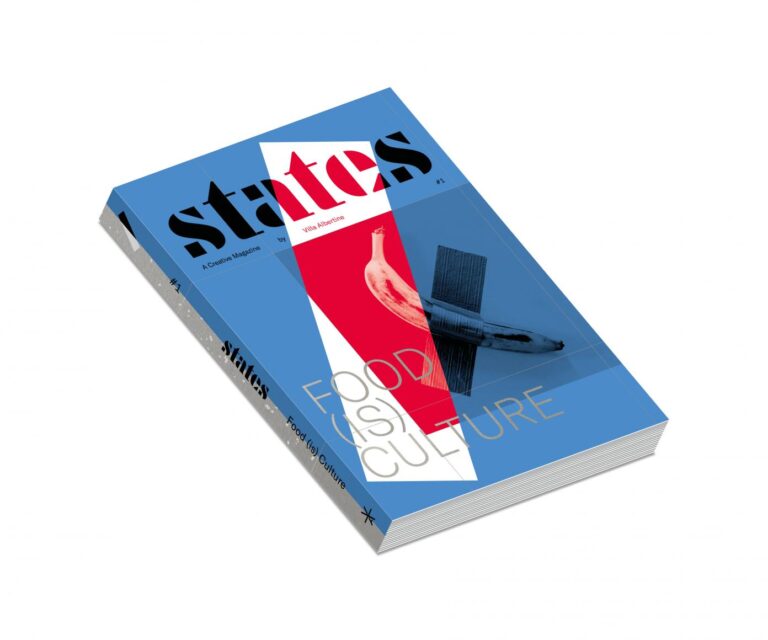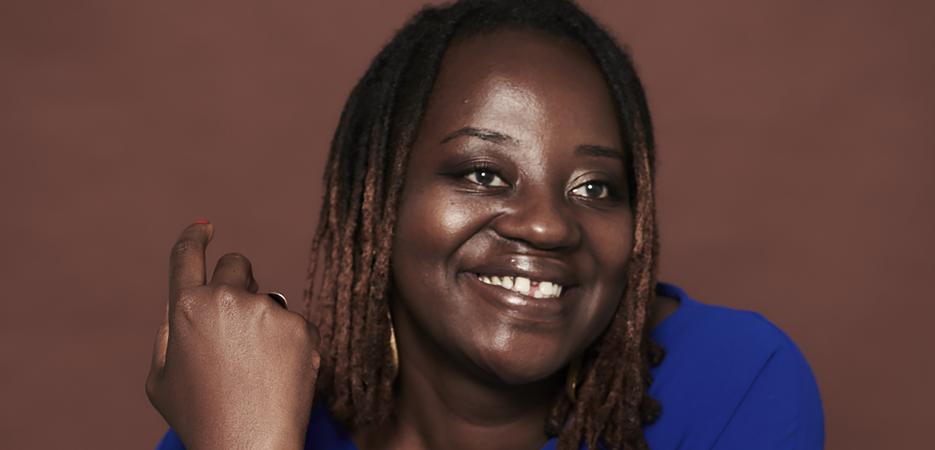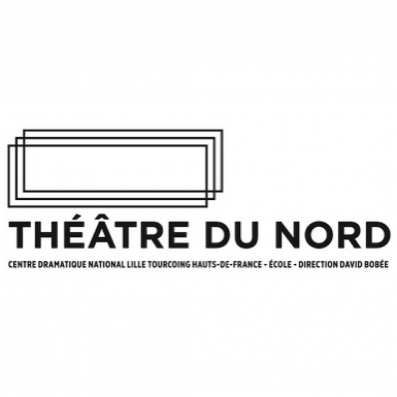
Maboula Soumahoro
Professor of African-American and Black/African diaspora studies
November 2021 - January 2022

Patricia Khan
- Literature
- Social Sciences and Humanities
- Atlanta
“Moving from one language to another, from one place to another, from one time to another, to maintain links, put people in touch with one another, ensure communication and transmission. This is how I understand translation.”
As a daughter of France and the Atlantic, my ancestry, origins, career path and personal journey place me in the vast cultural, political and intellectual expanse of the Black Atlantic, a geographical area that has been profoundly shaped by History. The Black Atlantic has often been described as a “triangular” space, since it has forged connections between three continents—Europe, Africa and America—in an unprecedented and enduring way. It therefore encompasses my parents’ Côte d’Ivoire (and, more generally, Africa), as well as France—my birthplace and current residence after many years spent on the other side of the Atlantic—where I shaped my intellectual life.
This context, this ancestry, these roots, this genealogy and all the migratory trajectories that stem from it are at the heart of my existential, intellectual, artistic, and political concerns. I therefore gravitated (at first quite unconsciously) to my chosen field of study in higher education: the black/African diaspora of the Atlantic world. Indeed, a few decades ago I set out in search of works and studies on the history and cultures of the many populations of African origin, near and far, that have spread across the Atlantic world since the start of the modern era. This intellectual choice led me to write a doctoral thesis, after which I obtained a post at university. I went on to accept a three-year term at the National Committee for the Memory and History of Slavery (2013-2016) and co-founded the Black History Month association in 2013, which I also chair. The latter works to promote the history of cultures from the black/African diaspora through the annual “Journées Africana”.
Despite my professional, intellectual, and voluntary activities since the late 1990s, a deeply philosophical question remains: within this diaspora, and in a personal and intimate sense, who am I?
Maboula Soumahoro is an associate professor in the English Department of the University of Tours. A specialist in the field of Africana Studies, Dr. Soumahoro has conducted research and taught in several universities and prisons in the United States and France. She is the author of Le Triangle et l’Hexagone, réflexions sur une identité noire (La Découverte, 2021), translated in English by Dr. Kaiama L. Glover as “Black Is the Journey, Africana the Name” (Polity, 2021). This book received the FetKann! Maryse Condé literary prize in 2020.
The cornerstone of my project is the question of translation. This is related to questions of transmission and communication that translation underpins and even determines.
I am fascinated by the concepts of passage and relationships, which are an important focus of reflection for me. They are fundamental in the exercise of translation–moving from one language to another, from one place to another, from one time to another, to maintain links, put people in touch with one another, ensure communication and transmission. This is how I understand translation.
However, this interpretation of the issues of translation cannot be confined to the theoretical sphere. It is also a practice. Moving from theory to practice is also a form of translation. How do we move from the abstract to the concrete, from the ideal to the pragmatic, from the elitist to the popular, from academia to the general public, from the rich to the poor, from the masculine to the feminine or non-binary, from the written to the spoken word, from silence to noise, from music to discourse, from images to words? And vice versa, for each of these movements.
The focus of my residency is the “adaptation” of my book, Le Triangle et l’Hexagone, réflexions sur une identité noire (La Découverte, 2021), translated in English by Dr. Kaiama L. Glover as Black Is the Journey, Africana the Name (Polity, 2021). It is not an exclusively linguistic project, but the text is the starting point for creating a multimedia performance that will embrace speech and discourse, languages, imagery, sound, arts, academic and popular knowledge, and political, personal and intimate questions, in order to probe the three-dimensional nature of the Triangle on which I have reflected and written, but above all to which I belong. It is a question of highlighting the complexity and depth of black subjectivities. This means rediscovering the full humanity of those who have been excluded.
Just recently, a kind soul made me realize the echo of ATLANTIC in the name Atlanta, a city I know very little about. For such a long time, I was no doubt too absorbed in New York City (or maybe too attracted to, fascinated by, busy with, intoxicated from, and submerged in New York City). While I knew about the deep African-American roots in Atlanta and throughout Georgia and the South, I had never really contemplated its Afrodiasporic potential (and perhaps reality) until now.
It seems important and extremely useful for me to learn more about this part of the country, which faces the Atlantic and is connected to the rest of the American continent. The East Coast never ceases to fascinate me, from north to south, from New York to Georgia, from New York City to Atlanta. And, even off the coast, I find the Sea Islands to be reminiscent of Africa and the Caribbean, thanks to the cultures produced by its Black inhabitants. What exactly has been translated, transmitted, communicated, that is to say, preserved, there? And in what ways?
In partnership with

Théâtre du Nord
The Théâtre du Nord is a Centre dramatique national (CDN) located on Grand’Place in Lille and at L’Idéal in Tourcoing. David Bobée has been appointed director since March 2021. His project is focused on opening up to all audiences through demanding, accessible, and popular shows, gender equality for directors, and diversity on stage. The program of the Théâtre du Nord features texts from the repertoire or alive authors, served by the esthetic of the contemporary and transdisciplinary performing arts (dance, music, circus, video, visual arts, etc.).




